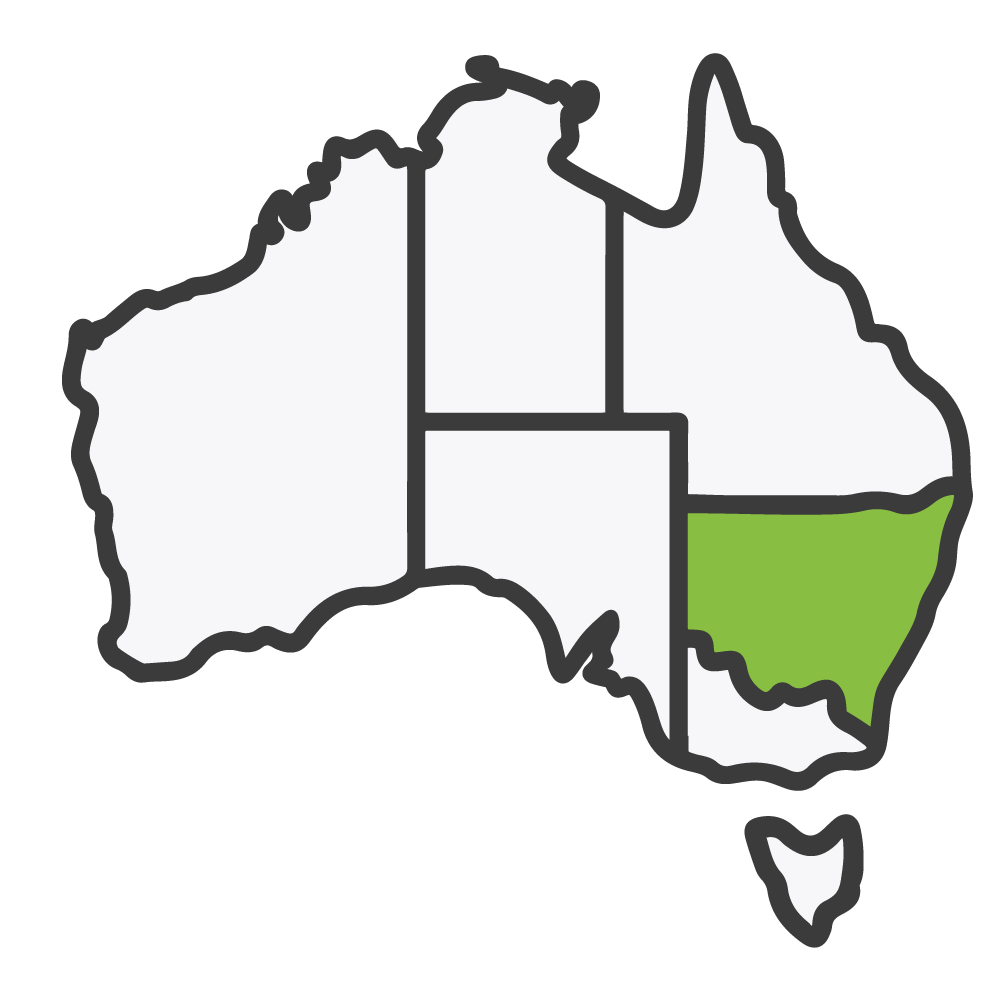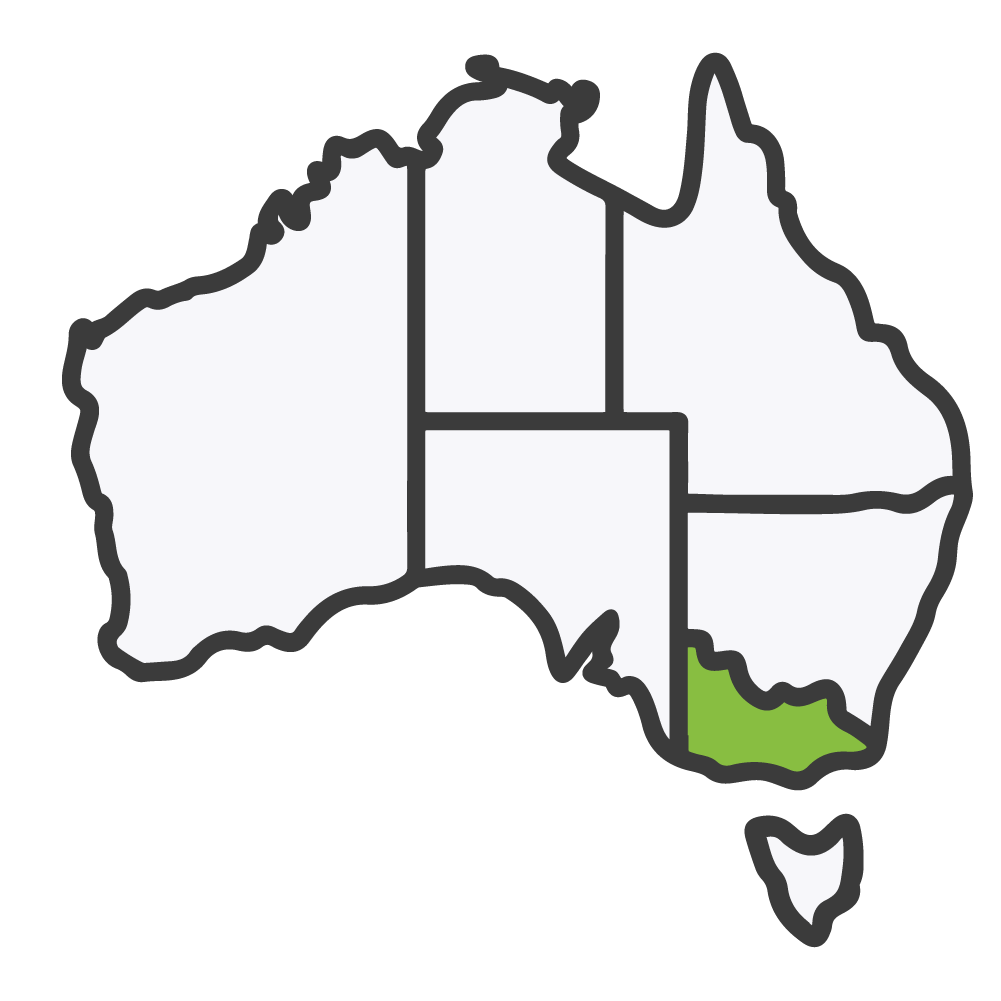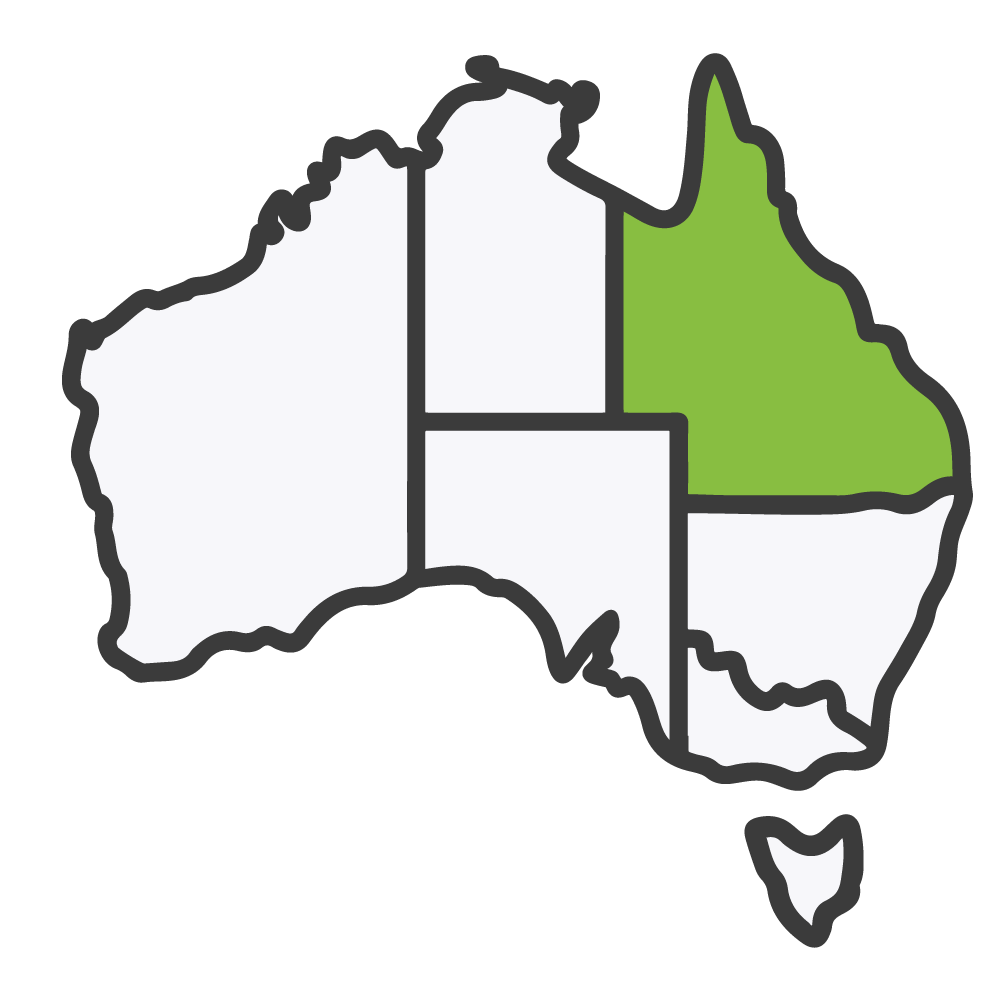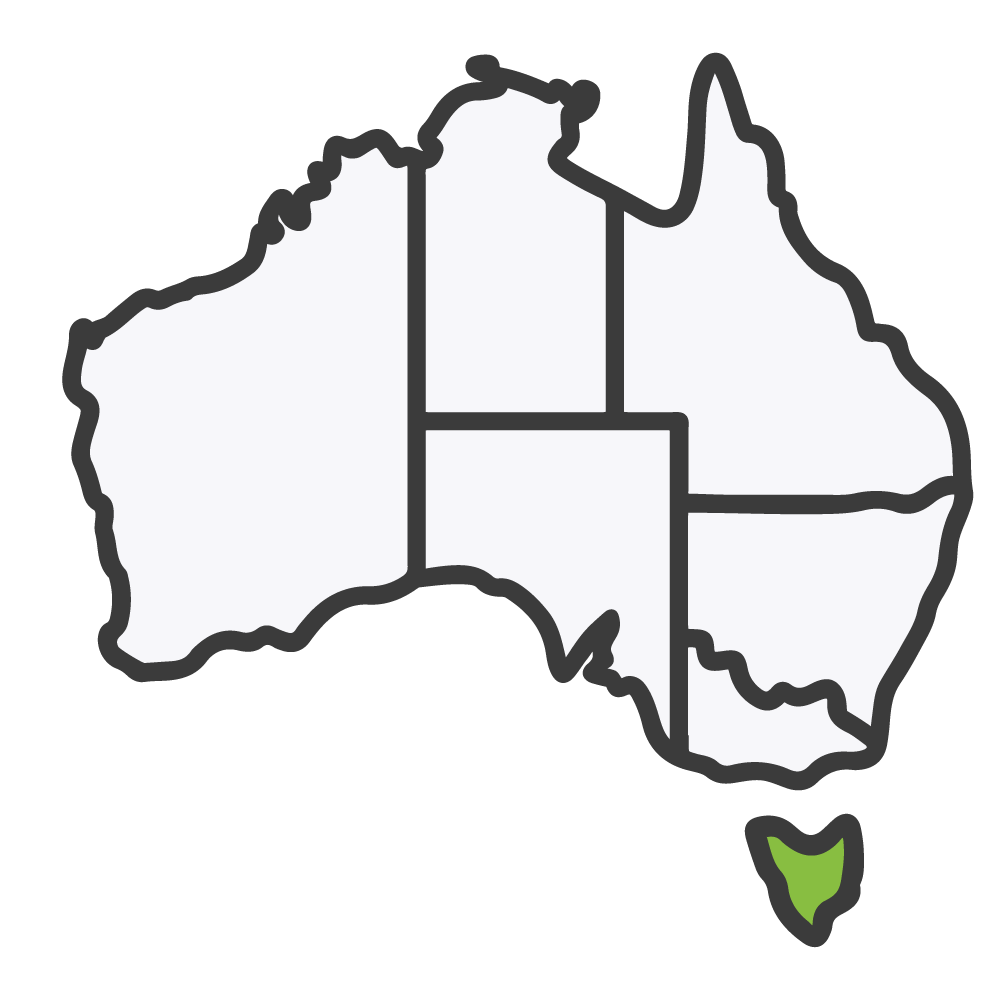A builder’s licence isn’t just a legal requirement; it’s a mark of competence and professionalism. Holding a valid builder’s licence demonstrates your commitment to quality, safety, and adhering to industry standards. This commitment is highly regarded by both clients and employers.
Whether you’re a building professional or looking to join the construction industry, acquiring a builder’s licence is a pivotal step. It unlocks new opportunities and enables you to take on more significant projects, thereby advancing your career in the construction sector.



















